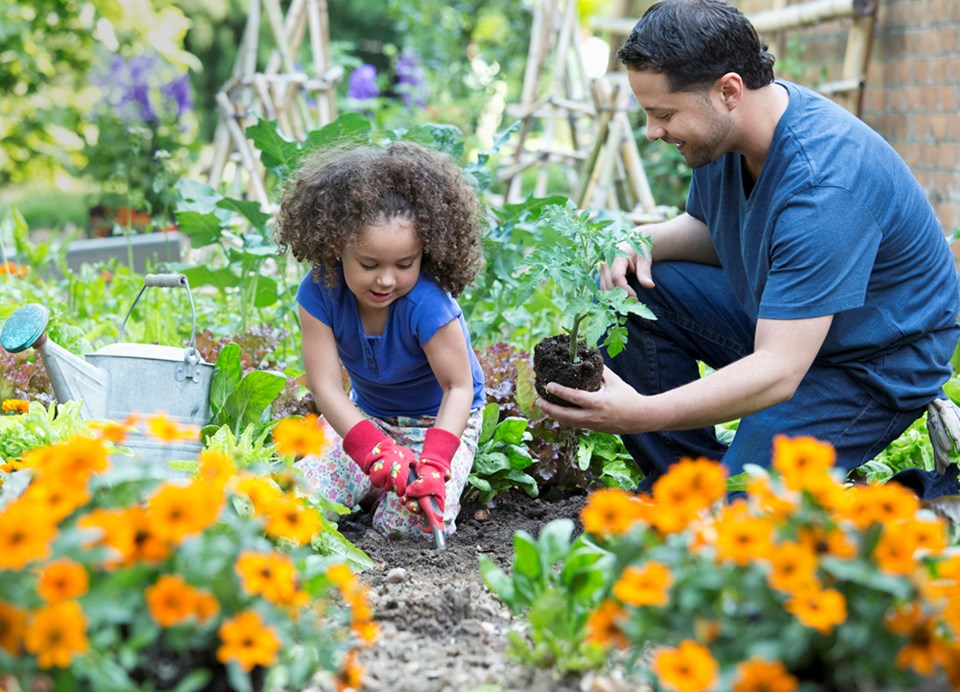Why does it feel so good to walk through the forest and hike up snow-capped mountains? Why are we drawn to exploring trails and the ocean?
Beyond the health benefits of moving our bodies, there seems to be something compelling about being enveloped in an ecosystem. The spectacularly diverse world of nature is complex and never loses its appeal.
It is our nature to be surrounded by what is alive. Why else would we labour to haul tropical plants into our offices and gather flowers for coffee tables? We must recognize something of our kinship and connection to the living systems of the natural world – a world that embraces and celebrates incredible diversity.
In a world that hosts more than 5,000 varieties of potatoes and 400,000 types of beetles, we have to acknowledge that diversity seems to be the natural way of things. Despite this, we can adopt a type of collective amnesia and support industrial agriculture and aquaculture that disrespects biodiversity.
Monocultures, GMOs and certain aquaculture practices ignore realities in the natural world that value variety for long term resiliency.
Gardeners are recognizing the benefits of mimicking nature by planting a mix of mutually beneficial plants in one bed. Fragrant herbs and flowers are used as natural herbicides and pesticides.
A classic plant pairing for centuries has been corn, beans and squash – where beans climb up cornstalk, beans draw out nitrogen from the soil, and squash provide ground cover to hold moisture in the soil on hot days. Another simple fix involves removing habitat for slugs and pill bugs to avoid using toxic chemical alternatives for pests.
Many of us are also carefully steering clear of using chemical weed suppressants and are opting to naturally out-compete weeds and even celebrate and use them to our advantage. Incredibly nutrient dense compost teas can be brewed in your backyard by tossing in dandelion, comfrey, horsetail and clover, then stirring them on occasion for a week.
The resulting dark liquid is then watered down before applying to soil or spraying onto leaves. The process can be sped up by using a fish tank air bubbler or by adding farm animal manure. Such brews can rid plants of pests, and leave moulds while offering a boost of readily absorbable nutrients.
Healthy systems are diverse systems, and much of the agricultural industry supports monocrops and the infusion of GMOs to mitigate challenges of such unnatural farming practices. The best way to steer our energy away from these destructive giants is to grow our own food or support locals who do.
It is possible to grow herbs and greens in a small patch of soil, and even more possible to incorporate sustainably grown local produce otherwise. Many local grocers are hosting a number of locally grown items, so keep your eyes peeled. Wild-crafted greens and berries are beginning to crop up as well, and are easy to preserve to the dead of winter by blanching or flash freezing.
This summer season, diversify your household’s plate with local food, quite possibly enjoyed on a picnic, out at the lake, or with your toes in beach sand gazing out at the naturally diverse world we call home.
Let’s Talk Trash is qathet Regional District’s (qRD) waste-reduction education program. For more information, email [email protected] or go to LetsTalkTrash.ca.



